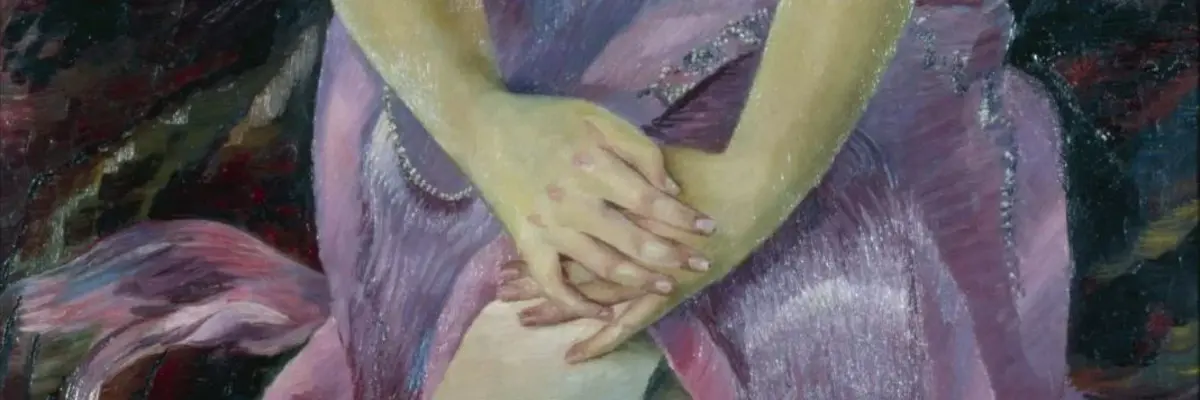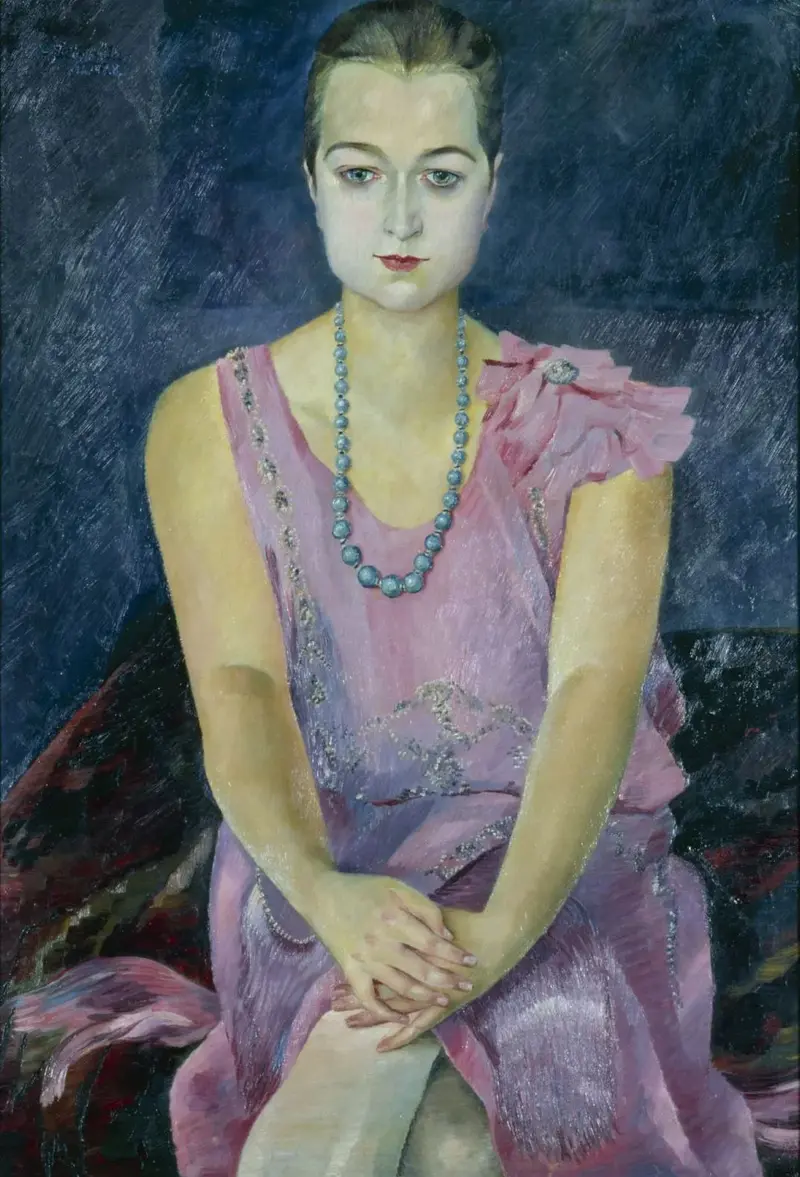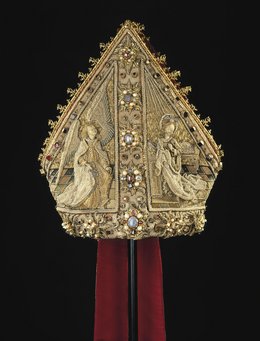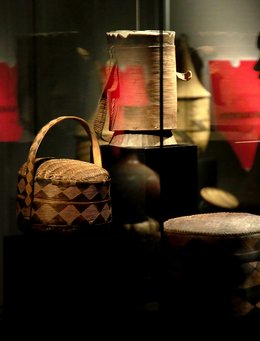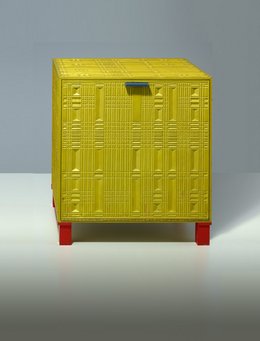[Translate to English:] Text
The portrait was one of the most popular visual genres of the period. The self-assured, independent working woman was a contemporary role model. This new female spirit was often expressed in facial expressions, gestures, clothing and accessories, or the use of colours fashionable at the time. Similarities can be found with fashion photography in newspapers and advertisements of the day. Whether portraying models, friends and family or working on commission, the emphasis was on faithfully capturing individual features. It is striking how often a classical composition is adopted: a head-and-shoulders format or seated in three-quarter profile. In the late 1920s, artists increasingly emulated the old German portrait painters.
